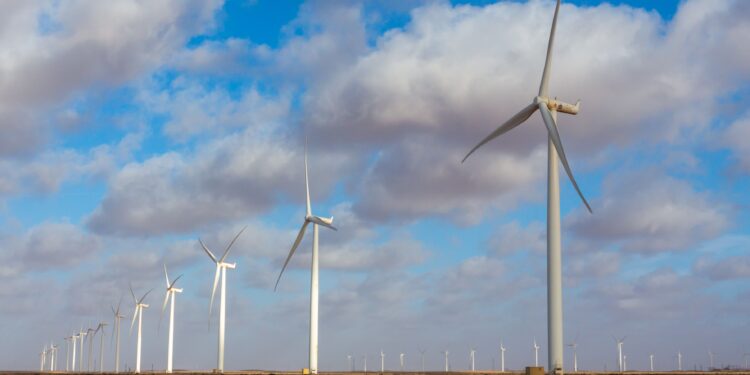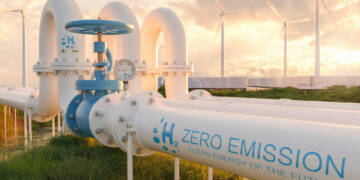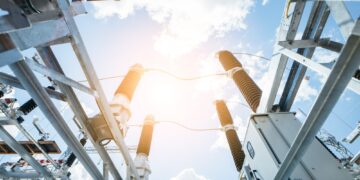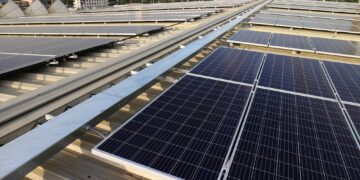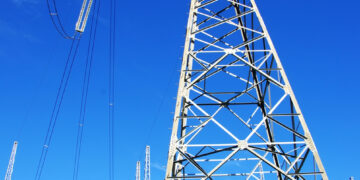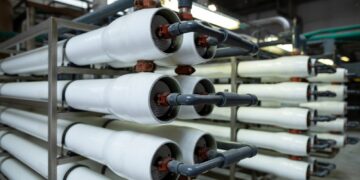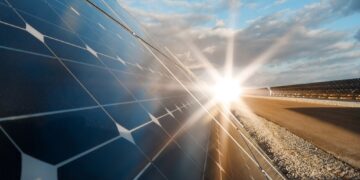Saudi Arabia is rapidly transforming its economy, shifting from oil dependency to a leader in sustainable development. Driven by Vision 2030 and the Saudi Green Initiative, the Kingdom is accelerating renewable energy projects, forming global partnerships, and promoting innovative practices like organic beekeeping, all while attracting significant green investment.
Power Purchase Agreements have played a central role in this transition. According to the Associated Press, the Saudi Power Procurement Company signed deals in 2024 for 9,200 MW of new solar and thermal capacity, including major projects such as the 2 GW Al Sadawi Solar Project and the Rabigh 2 solar plant. These projects feature some of the lowest tariffs worldwide, as low as $0.013 per kWh, and are expected to help boost renewable energy capacity to 12.7 GW by 2025, backed by $9.3 billion in investments.
Localization is a strategic focus, with initiatives like the Al-Khushaybi solar project requiring 20% locally produced solar panels. This approach strengthens supply chains and supports Vision 2030’s aim to diversify the economy and reduce oil use in power generation.
Beyond energy, Saudi Arabia is also advancing organic beekeeping as part of its broader sustainability goals. More than 15,000 beekeepers now use modern techniques, supported by government funding and certification. Afforestation and native plant restoration efforts have increased honey production by 50% over the past decade, enabling exports to markets in Europe and the United States. The $37 million Saudi Reef program further supports this sector by funding breeding and disease prevention.
International collaboration is at the heart of Saudi Arabia’s renewable push. Projects like Rabigh 2 and Al Sadawi involve partners from France, China, and South Korea, facilitating technology transfer and financing. According to the Associated Press, the solar market is projected to reach $7.72 billion by 2030, drawing in contractors and investors, while transparent procurement processes reduce risk for institutional capital.
For investors, several factors make Saudi Arabia an attractive market:
- Strong government support
- Export ambitions in solar and green hydrogen
- Growth opportunities for key firms
The Saudi Green Initiative’s $200 billion commitment to emissions reduction by 2030, as reported by the Associated Press, underlines policy stability.
In summary, Saudi Arabia’s renewable energy drive marks a significant shift in the global energy landscape. By combining large-scale projects, innovation, and international cooperation, the Kingdom is building a resilient and sustainable infrastructure—offering a compelling opportunity for forward-looking investors.
